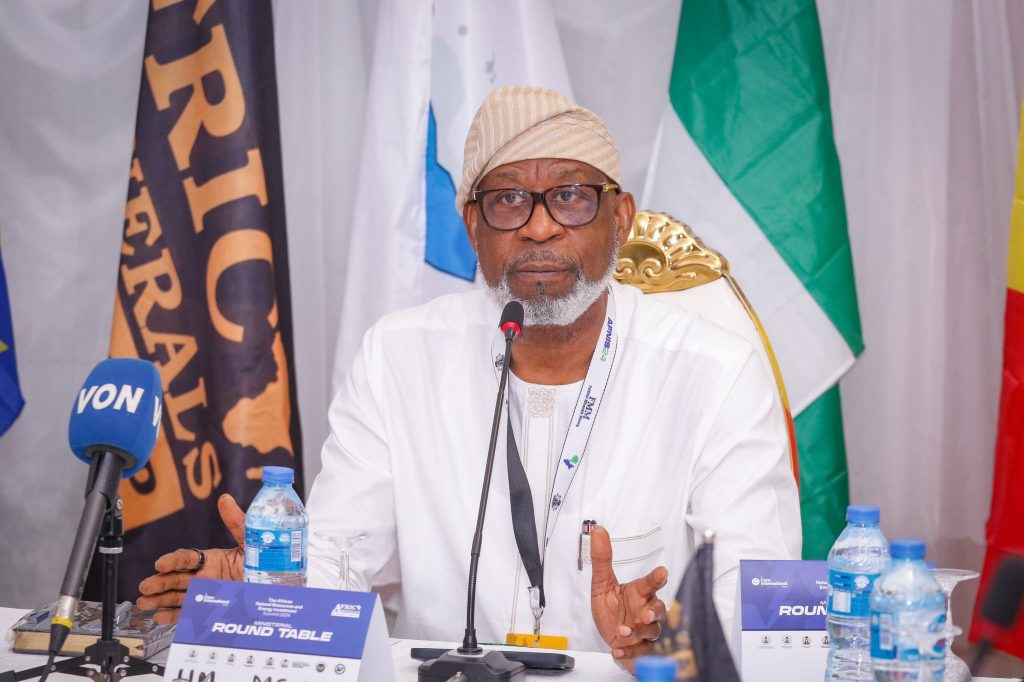A government spokesperson said on Thursday that Nigeria will only issue new mining licences to businesses that can submit a plan outlining how solid minerals would be processed locally by newly approved rules.

This is a departure from Nigeria’s long-standing practice of exporting raw commodities, as governments around Africa work to increase the value derived from their substantial mineral reserves. According to Segun Tomori, a spokesman for Nigeria’s minister of solid minerals development, the country will provide incentives to investors in order to entice them to invest. As stated in a report by Reuters. These incentives will include tax breaks for importing mining equipment, ease of obtaining electricity generation licenses, complete profit repatriation, and increased security.
“In return, we must examine their ideas for establishing a factory and how they might improve the Nigerian economy,” Tomori said. He did not say when the guidelines would be finalised or come into effect. However, last week the minister of solid minerals development, Dele Alake, said it was now government policy to make value addition a condition for obtaining mining licences so as to create jobs and help local communities.
Alake, who also chairs an African mining strategy group comprising mining ministers from Uganda, Democratic Republic of Congo, Sierra Leone, Somalia, South Sudan, Botswana, Zambia and Namibia, is pushing for a continent-wide effort to get maximum local benefit from mineral exploration. Nigeria, Africa’s top energy producer, has struggled to extract value from its vast mineral resources due to poor incentives and neglect.
Segun Tomori, spokesman for Nigeria’s minister of solid minerals development, said that the country would provide incentives to investors, including tax waivers for importing mining equipment, easier access to electricity generation licenses, full repatriation of profits, and increased security.
“In exchange, we have to review their plans for setting up a plant and how they would add value to the Nigerian economy,” Tomori said. The minister did not specify when the guidelines would be finalised or put into effect. However, last week, Dele Alake, the minister of solid minerals development, stated that it was now government policy to make value addition a condition for obtaining licences in order to help local communities and create jobs.
Due to neglect and inadequate incentives, Nigeria, the largest energy producer in Africa, has had difficulty deriving value from its abundant mineral resources. Less than 1% of the GDP of the nation is generated by the undeveloped mining industry. Nigeria’s statistics department states that the country’s biggest exports last year were tin ore and concentrates, valued at approximately 137.59 billion naira ($108.34 million), primarily to China and Malaysia.
By granting more mining licences, the government hopes to stimulate further investment in the industry. It has formed a special security unit tasked with combating illicit miners and established a state-owned solid minerals firm that is offering investors a 75% interest. Additionally, the government is attempting to control the industry’s predominant artisanal miners by putting them in cooperative groups. The Chinese-owned Xiang Hui International Mining, which partnered with a local company to process gold, the Indian-owned African Natural Resources and Mines, which is constructing a $600 million iron ore processing plant in northern Nigeria, and the Canadian-based Thor Explorations are among the foreign mining companies operating in Nigeria.

